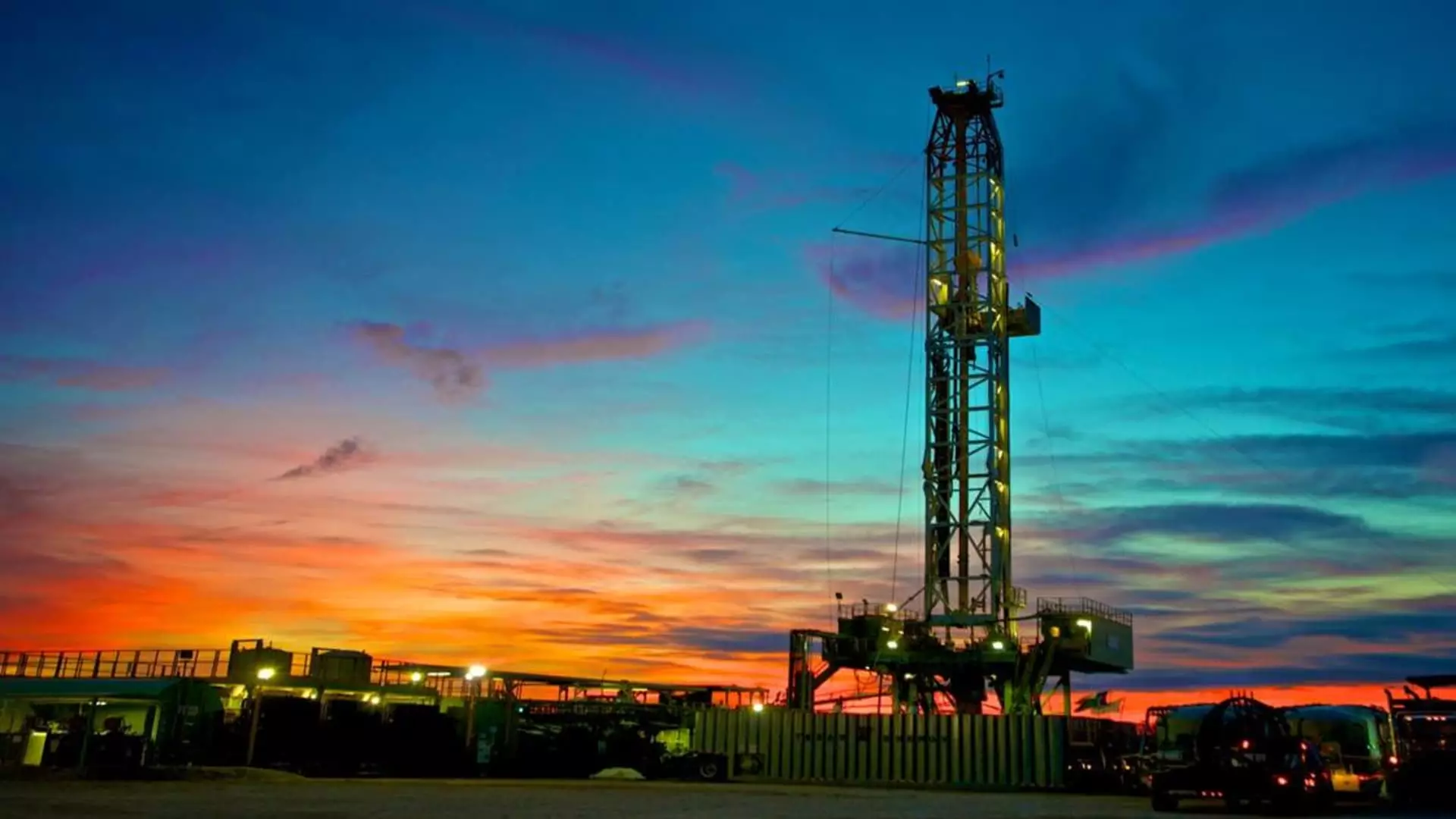As the 2024 U.S. presidential election approaches, energy production emerges as a battleground issue that could significantly shape the nation’s economic and geopolitical landscape. TotalEnergies CEO Patrick Pouyanne recently emphasized that whoever wins the election should prioritize the preservation of America’s energy dominance. The U.S. has solidified its position as the world’s largest oil producer, contributing an astounding 22% of the global oil supply, dwarfing other nations like Saudi Arabia, which accounts for around 11%. This staggering output reflects the tremendous growth of shale oil production, which has become the backbone of U.S. energy strategies.
Over the last few years, the U.S. oil production has surged to unprecedented levels, driven by technological advancements and the expansion of hydraulic fracturing. Today, approximately 64% of the crude oil produced in the United States originates from shale. This transformation has not only unleashed vast quantities of oil but has also positioned the U.S. to become a global leader in liquefied natural gas (LNG) production. The implications of such developments extend beyond mere economic statistics; they carry significant weight in the context of national security and foreign relations.
The 2024 election landscape poses an intriguing dynamic for energy policy, particularly with contrasting viewpoints from major political parties. Historically, Republican candidates, including Donald Trump, have been staunch supporters of expanding shale production through deregulation and increased drilling activities. Such advocacy often places them at odds with climate activists and environmentally conscious voters who are advocating for more stringent regulations to mitigate environmental impacts.
However, the political tide appears to be shifting. Vice President Kamala Harris has notably altered her stance on fracking—once an ardent opponent, she has shifted toward a more supportive position, stating that she will not ban this contentious method of oil and gas extraction. This evolution in Harris’s views raises questions about the political viability of renewable energy strategies in a competitive, energy-centric landscape.
The pivot away from a purely anti-fracking narrative signals an acknowledgment of the complex realities of energy production and its integral role in the U.S. economy. As energy has become a critical competitive advantage, it is becoming increasingly clear that the path forward must balance economic needs with environmental responsibilities.
The ramifications of energy production extend well beyond domestic policy; they have substantial geopolitical implications as well. The U.S. has harnessed its energy resources to bolster its position in global markets, particularly as Europe seeks to diminish its reliance on Russian oil and gas amid ongoing geopolitical tensions. Notably, the U.S. has significantly increased its LNG exports, supplying almost half of Europe’s imports in 2023. Such strategic exports not only enhance American economic stability but also contribute to greater energy security for allied nations.
Despite critiques of the Biden administration for being restrictive regarding new drilling permits, Pouyanne suggests that the reality might be more nuanced. The government continues to support projects like those in Alaska while navigating the delicate balance between environmental protection and energy expansion. This duality reflects a broader trend in which the U.S. attempts to retain its leading role in global energy markets while being responsive to domestic and international environmental concerns.
As the U.S. heads into a critical election cycle, the future of energy policy remains precarious yet promising. Stakeholders must grapple with the inherent challenges of maintaining energy dominance while addressing climate change. TotalEnergies CEO Pouyanne’s insights underscore the desperation for a forward-thinking approach that fosters energy independence alongside environmental sustainability.
Energy will undoubtedly be a pivotal issue in the 2024 elections. The discourse on shale production, fracking, and the transition to renewable sources must be both robust and nuanced. It’s essential for future leaders to grasp the intricacies of energy production and to advocate for policies that harness the U.S.’s energy potential while simultaneously being stewards of the environment. Only then can America hope to maintain its competitive advantage in a rapidly evolving global landscape.

Leave a Reply